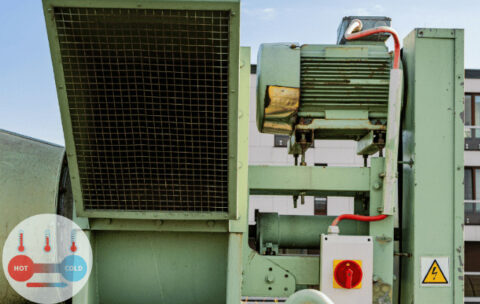Popular Topics
Popular Instructors
All Academics Courses
Biomechanics and Rehabilitation Engineering
The course “Biomechanics and Rehabilitation Engineering” offers students an in-depth …
What you'll learn
Biomedical Instrumentation and Measurements
The course “Biomedical Instrumentation and Measurements” provides students with a …
What you'll learn
Biomaterials and Tissue Engineering
The course “Biomaterials and Tissue Engineering” provides students with a …
What you'll learn
Materials Processing Techniques and Technologies
The course “Materials Processing Techniques and Technologies” is designed to …
What you'll learn
Materials Design and Optimization for Performance
The course “Materials Design and Optimization for Performance” aims to …
What you'll learn
Structural Analysis and Design: Advanced Techniques for Civil Engineers
This course is designed to provide civil engineering professionals with …
What you'll learn
Sustainable Infrastructure Development: Strategies and Best Practices
This course aims to provide a comprehensive understanding of sustainable …
What you'll learn
Geotechnical Engineering: Foundations and Soil Mechanics
This course offers a comprehensive exploration of geotechnical engineering, focusing …

























